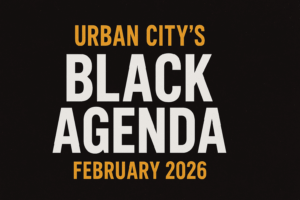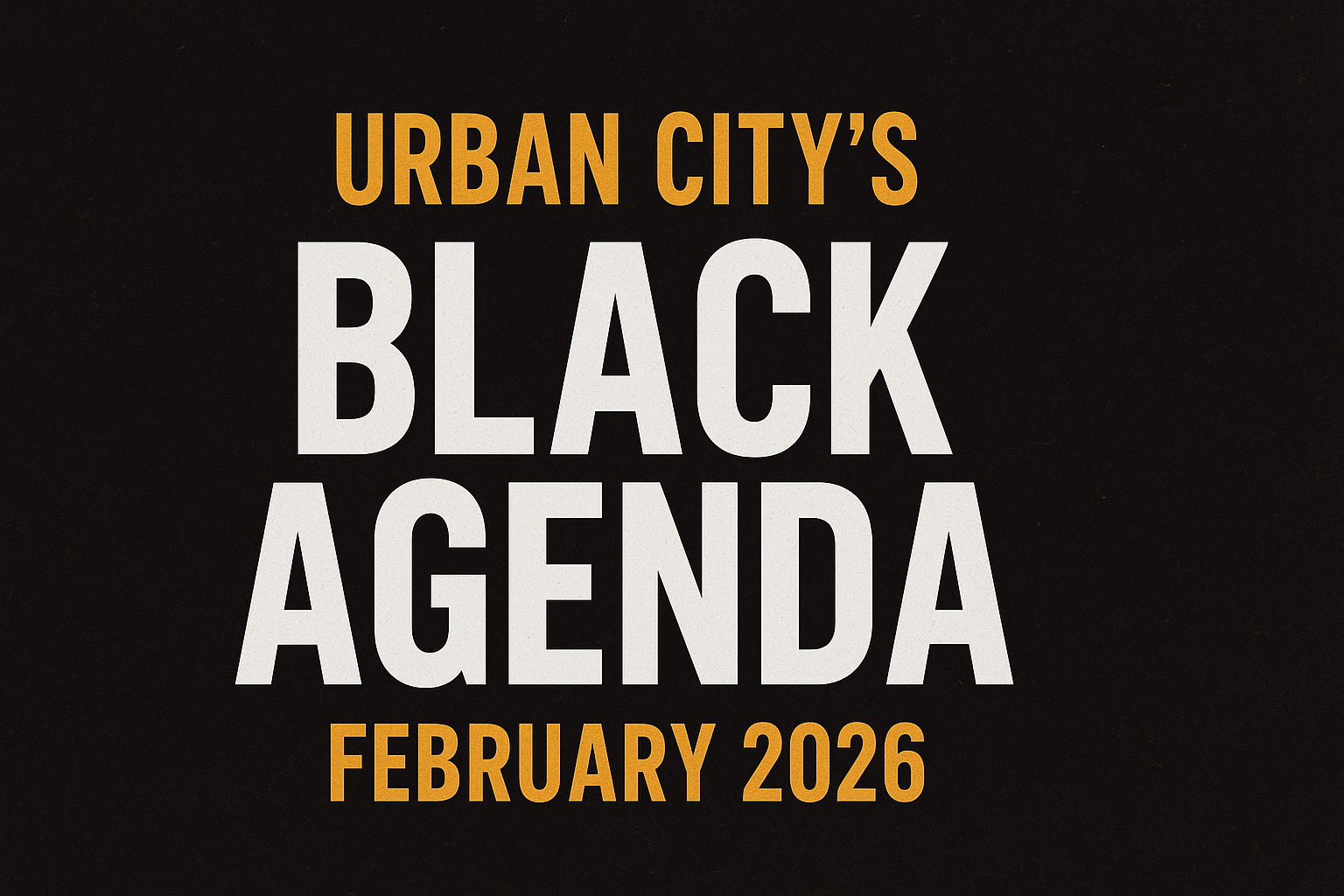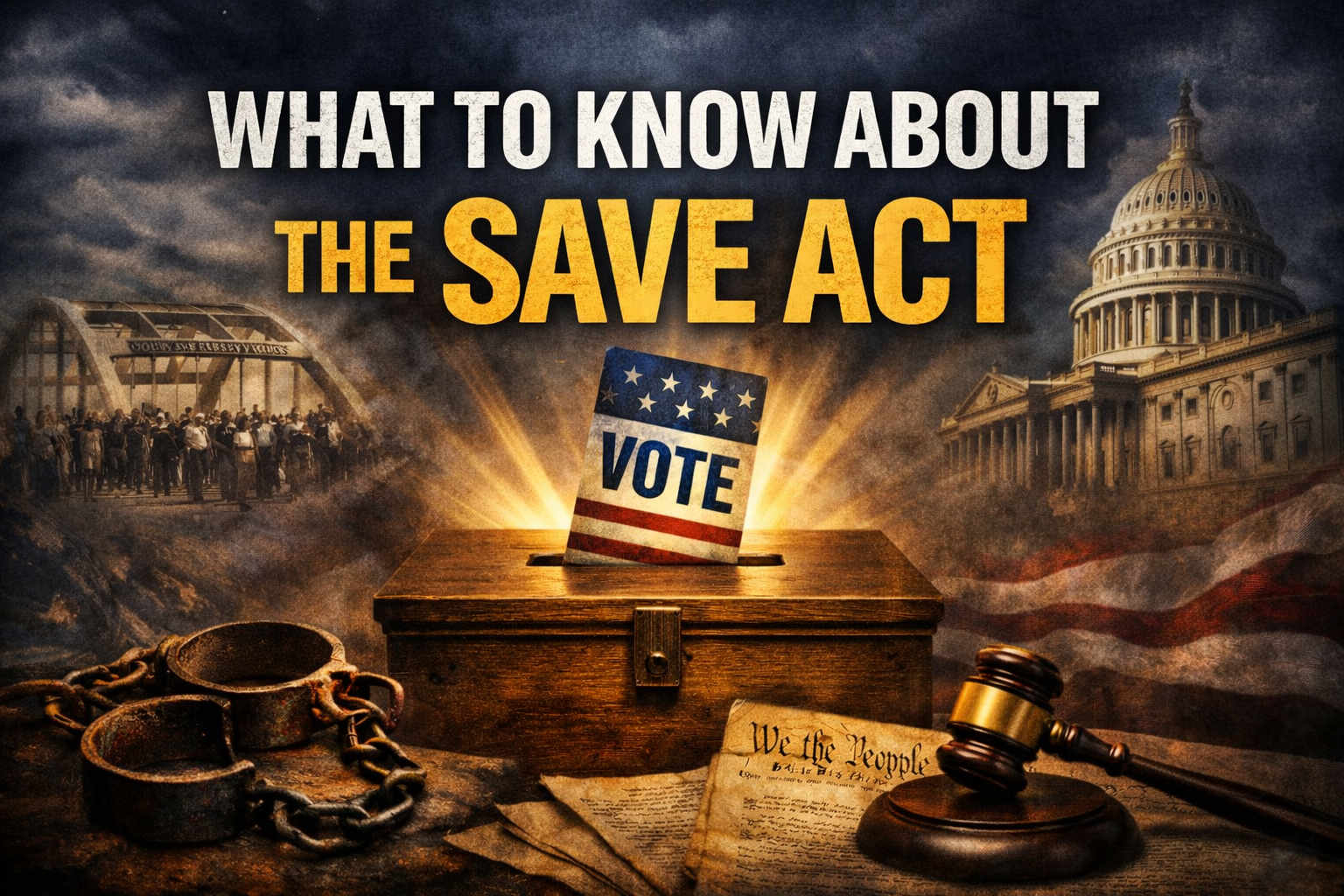Key Takeaways from Criminal Justice Reform in 2025
- New reform bills are creating significant changes by clarifying sentencing guidelines and simplifying substance offense laws.
- Strong bipartisan support is helping to dismantle mandatory federal sentencing.
- The reform focuses not only on legislation but also on providing fair opportunities, enhancing community safety, and conserving essential resources.
Transformative Shifts in the Justice Landscape
Imagine the criminal justice system as a giant jigsaw puzzle, and you’re helping piece it into a fairer picture in 2025. New reform bills are stirring change, focusing on clearer sentencing and making substance offenses less confusing.
With strong bipartisan support, they’re knocking down the barrier of mandatory federal sentences.
It’s not just about legislation—it’s about fair chances, community safety, and saving vital resources. How can these shifts benefit you and your community’s growth?
Key Reforms Proposed
Even though criminal justice can seem complex, these proposed sentencing guidelines amendments are designed to help make things clearer and more efficient. You’re about to see streamlined sentencing, moving from a three-step to a two-part process. This change aims to simplify how criminal history is calculated. Federal oversight gets a boost. New provisions focus on firearms offenses and redefine career offender classifications based on actual conduct. Specific federal drug statutes now explicitly outline what counts as a controlled substance offense. These amendments address machinegun conversion devices and clarify intent requirements for certain firearm charges. The goal? Clarity and precision in federal sentencing that might impact offense classification and sentence length. With these reforms, you’re better equipped to traverse the evolving justice terrain. The U.S. Sentencing Commission, an independent agency in the judicial branch, plays a crucial role by establishing these sentencing policies and practices for federal courts.
Supporters and Opponents
Criminal justice reform in 2025 isn’t just about policies; it’s about people who support or oppose these changes.
You’ve got a mix of bipartisan support and conservative opposition shaping the conversation. So, here’s where you stand:
- Bipartisan Support: About 75% of Americans push for ending federal mandatory sentences. Why? They see it boosting fairness and public safety while cutting costs.
- Conservative Opposition: Groups like Heritage Foundation back tough-on-crime policies. Their focus? More incarceration and less leniency, claiming it keeps order.
- Advocacy Groups: Organizations like The Sentencing Project work for expanded rights and equitable policies.
These groups spotlight fairness and engage communities with tools for change.
Stay informed and keep the dialogue going for a just system!
Where Reform Is Working
When reform works, it brightens communities and changes lives. Imagine the impact of San Francisco’s Pretrial Release Unit. This successful program freed over 4,600 jail beds, showcasing how data-driven decisions reduce overcrowding and prevent disruptions to housing and employment. Initiatives like this contribute to dismantling barriers, much like how community engagement plays a key role in overcoming voter suppression in Black and Brown communities.
Fairfax County’s Bond Data Dashboard also makes waves, using data to promote fairness and racial equity in pretrial choices, ensuring public safety and accountability in the legal system.
Nationwide, prosecutor-initiated resentencing moves mountains, addressing unjust sentences and reuniting families through smart legislative changes. It’s not just laws—it’s lives.
State-level reforms in California and Washington State reshape the future, reducing harsh penalties and expanding parole, while federal efforts like the Clean Slate Act break down barriers, fueling economic and social growth.
Immigrants contribute significantly to economic growth, making up over 19% of the U.S. labor force, which showcases the positive impact they have on workforce diversity and community development.
Assessment
You’ve seen how these reforms can reshape the justice environment. Did you know that states implementing data-driven reforms saw a 10% drop in recidivism rates?
That’s big! For families, entrepreneurs, and communities, this means a brighter, fairer future. Ending mandatory sentences is game-changing, nurturing equality and empowering you with knowledge and opportunities.
Stay informed, engage, and be part of the change that uplifts communities. Create economic growth and a more just society. It’s your voice that matters.












